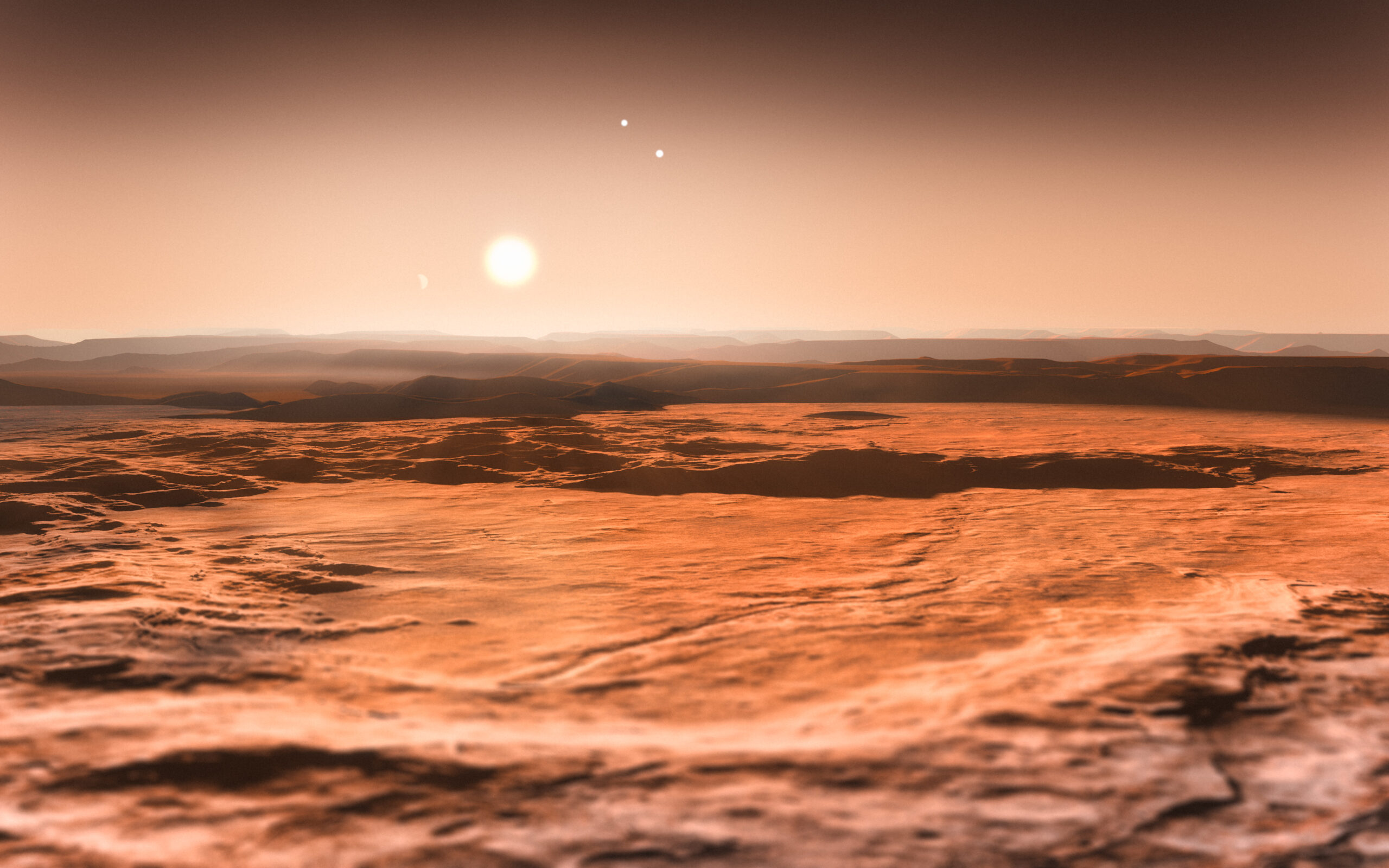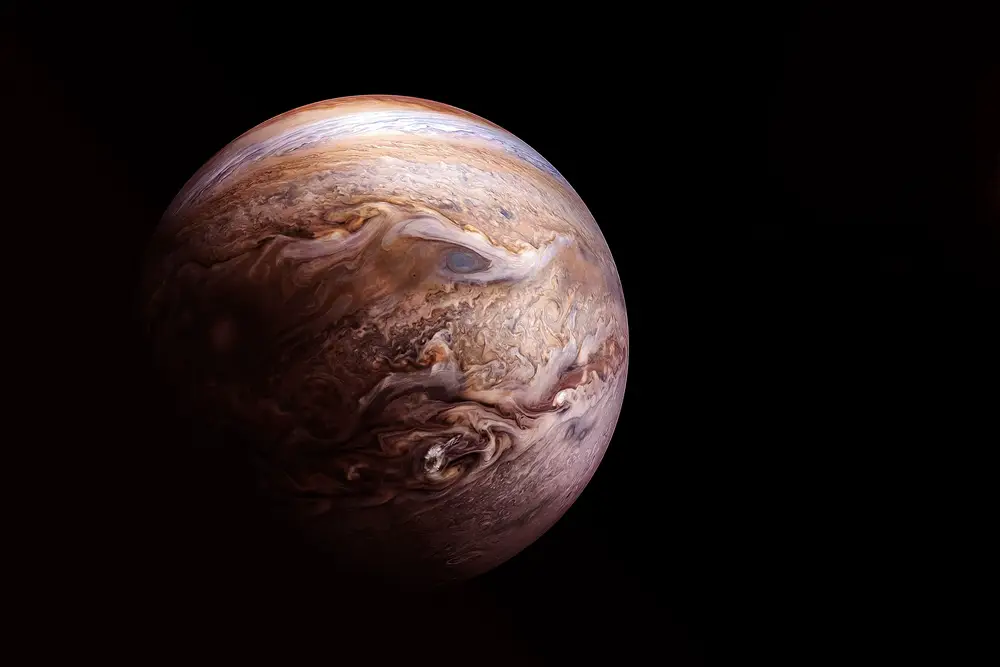In our fantastical visions of the future, Mars often emerges as a tantalizing backdrop—a canvas for human ingenuity, ambition, and the ultimate escape from a troubled Earth. We’ve all heard the grand promises from tech moguls, and perhaps for a fleeting moment, we’ve imagined ourselves donning a spacesuit and setting foot on that distant red planet. But let’s get real. Beyond the allure and astronomical budgets, there are some profound reasons why you might want to keep your feet firmly planted on terra firma. Here are 13 compelling reasons we’ll probably never call Mars home, no matter what Musk says.
1. The Inhospitable Atmosphere

Imagine opening your window to a view of rusty terrain and a sky tinted with a permanent hazy orange. Mars may look picturesque from a distance, but its atmosphere is a death sentence for humans. With 95% carbon dioxide and a mere whisper of oxygen, stepping outside without a suit isn’t just ill-advised—it’s deadly. The Martian air isn’t just thin; it’s essentially missing the elements we need to breathe.
Living in such an environment means confinement within pressurized habitats for survival. Do you really want to spend the rest of your life shuffling between cramped quarters and suits that make even the simplest tasks an ordeal? This kind of existence isn’t just physically stifling; it’s a psychological grind. Sure, it’s a landscape of dreams for some, but in reality, it’s an experiment in endurance with no room for error.
2. The Cosmic Radiation

Space is not a friendly place, and the cosmos has a way of reminding us of that. Mars lacks a global magnetic field and has a thin atmosphere, offering little protection from cosmic and solar radiation. This means any long-term residents would be exposed to radiation levels that significantly increase cancer risks. Your dream of interplanetary life could turn into a nightmare of relentless health battles.
The solutions are far from simple. To adequately shield yourself from radiation, you’d need to live underground or in heavily fortified structures. Goodbye, Martian vistas! Instead of basking under alien skies, you’d be living like a mole, with only artificial light and the hum of life support systems for company. It’s not the pioneering adventure you might have been sold.
3. The Unforgiving Climate

Mars is a frozen desert, a place where temperatures can plummet to minus 80 degrees Fahrenheit. While you might enjoy a brisk winter walk on Earth, the Martian cold isn’t something you can just bundle up against. The planet’s thin atmosphere means it can’t retain heat, making temperature swings drastic and dangerous. It’s a climate that doesn’t care about human comfort, let alone survival.
Moreover, Mars experiences planet-wide dust storms that can last for months, blotting out the sun and choking equipment. According to a study published in Nature Astronomy, these storms can severely disrupt solar power generation, a crucial energy source for any colony. It’s an environment that seems intent on making life as difficult as possible. The stark reality is that you’d be fighting against the planet itself, just to stay alive.
4. The Isolation Factor

Mars is not just physically distant; it’s emotionally remote, too. Picture yourself separated from everyone you know by millions of miles and the vastness of space. Communication with Earth comes with a significant delay—up to 24 minutes for a one-way message. It’s like trying to have a conversation with someone through a broken radio, but the stakes are infinitely higher.
This disconnect isn’t just a technological hurdle; it’s a mental one. The psychological toll of such isolation can cause depression, anxiety, and a host of other issues. Humans are social creatures, and even the most introverted among us crave connection. On Mars, you’d be an outpost of one, staring into the void and wondering if it was all worth it.
5. The Lack Of Resources

Mars is nothing if not resource-poor, a barren rock that doesn’t cater to human needs. Forget about finding water in abundance; it’s locked away in polar ice caps and beneath the surface, requiring technology we are still perfecting. As Dr. Robert Zubrin, a renowned aerospace engineer, points out, the lack of easily accessible resources makes self-sustainability a Herculean task. You can’t just stroll down to the grocery store when you’re on Mars.
To survive, you’d need to manufacture everything from food to oxygen, a process that’s costly and fraught with potential pitfalls. Any failure in the supply chain could mean disaster. This isn’t just camping with a view; it’s living on the edge, with everything you need to survive having to be meticulously planned and executed. For most of us, that’s a level of stress we could do without.
6. The Health Challenges

The human body is a marvel of evolution, but it evolved for Earth, not Mars. The low gravity on the Red Planet could wreak havoc on your bones and muscles, leading to atrophy and other health issues. You’ve got to remember that getting to Mars is just the beginning. The real challenge is staying healthy in an environment that seems to have been designed to break you down.
Even the most rigorous exercise regime can’t fully counteract the effects of reduced gravity. Over time, your body will adapt in ways that aren’t beneficial once you return to Earth or even try to perform simple tasks. It’s not just about physical fitness; it’s about maintaining basic bodily functions. What you’re looking at isn’t a leisurely stroll through an alien world; it’s a constant battle against the very laws of nature.
7. The Enormous Cost

Colonizing Mars isn’t just an engineering challenge; it’s a financial black hole. Elon Musk estimates that it could cost between $100 billion and $10 trillion to establish a human settlement on Mars. And according to a report by the Space Settlement Institute, these numbers are optimistic at best. It’s a sum that could revolutionize life on Earth, yet we’re considering spending it on a risky adventure with no guaranteed return.
The question then becomes, is this the best use of our resources? When billions on our own planet lack basic necessities, funneling vast amounts of money into a distant dream seems, at best, irresponsible. You’re looking at an endeavor that requires the backing of entire nations, economies, and generations. In the grand scheme, it’s a gamble with stakes none of us can truly fathom.
8. The Political Hurdles

Space may seem like a frontier free from Earthly politics, but that’s a naive view. International laws around space exploration are murky and underdeveloped. Who owns Mars? Who governs it? These aren’t just philosophical questions; they’re legal quagmires waiting to happen.
Without a clear framework, any Martian colony could become a hotbed for international disputes. Imagine the chaos of trying to govern a settlement where the rules are being written on the fly, with Earthly politics interfering at every turn. It’s not just about logistics; it’s about sovereignty, law, and order in an environment that has never known human governance. It’s a potential diplomatic nightmare, and you’re stuck in the middle of it.
9. The Ethical Dilemma

There’s a haunting question at the heart of our Martian ambitions: Should we even be attempting this? The desire to colonize Mars raises ethical concerns about environmental stewardship and the potential exploitation of another planet. Are we repeating Earth’s mistakes by rushing to claim a new world without fully understanding the ramifications?
Some argue that our focus should be on repairing the planet we’ve already damaged rather than spreading our destructive tendencies elsewhere. There’s a moral weight to these arguments that can’t be ignored. You’re left wondering if our drive to conquer new frontiers is just a distraction from responsibilities we should be addressing here and now. It’s a question of conscience that no engineering feat can answer.
10. The Technological Limitations

While our technology has made great strides, it’s still not ready for the harsh realities of life on Mars. Even with advancements in propulsion systems and life support technology, the margin for error is razor-thin. There’s no room for malfunction when a simple glitch could spell disaster.
As we continue to test our limits, we face the sobering reality that our tech might not be up to the task. The greatest minds can only predict so much, and Mars is an unpredictable partner. This isn’t just a technical limitation; it’s a humbling reminder of our own fragility. No matter how far we advance, the universe has a way of reminding us that we are still fallible.
11. The Psychological Burden

Life on Mars isn’t just a physical trial; it’s a mental one. The monotony of living in an enclosed habitat can erode even the strongest of spirits. Every day is a repetition of the last, with limited stimuli and constant reminders of the precariousness of your situation. It’s a breeding ground for cabin fever—a mental pressure cooker with no release valve.
Such conditions can lead to psychological issues that are hard to predict but easy to understand. Depression, anxiety, and even psychosis are real risks when isolation and monotony are your only companions. It’s not just about surviving; it’s about maintaining your mental health in an environment that seems designed to strip away your humanity. You might escape Earth’s troubles, but you’d be trading them for a different kind of struggle.
12. The Cultural Disconnect
 provided by Shutterstock
provided by Shutterstock
Mars might be a new world, but it’s one where the cultural touchstones you’ve grown up with don’t apply. The music, art, and literature that define human experience are rooted in Earthly traditions and landscapes. Can you imagine celebrating a holiday under an alien sky, where the rituals feel hollow and disconnected?
This cultural void isn’t just a quirk of alien life; it’s a profound shift in identity. You’d be starting from scratch, trying to build a new culture in a place where the old one doesn’t fit. It’s a disorienting prospect, one that asks you to redefine what it means to be human in a place that feels anything but. It’s not just about surviving; it’s about finding meaning in an alien world.
13. The Uncertain Future

The future on Mars is anything but guaranteed. Technological advancements, political will, and human adaptability all play roles, but they are unpredictable variables. What happens if funding dries up, or if the colony can’t achieve self-sufficiency? You’re looking at an uncertain future, one that could shift with the political and economic winds back on Earth.
This uncertainty isn’t just a logistical issue; it’s a personal one. You’d be living with the constant knowledge that everything you’ve built could be lost, not through failure, but through forces beyond your control. It’s a reminder that, in reaching for the stars, we must also reckon with the realities on the ground. In the end, the dream of Mars might be just that—a dream, elusive and ever out of reach.
